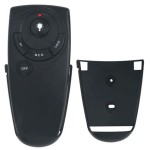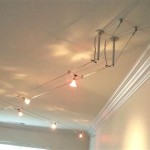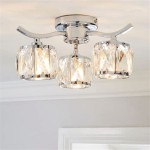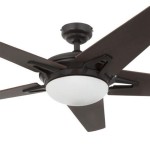Essential Aspects of Cove Lighting Ceiling Plan
Cove lighting, a type of indirect lighting, adds a touch of sophistication to any space. By illuminating the ceiling from its edges, cove lighting creates a soft, ambient glow that complements other lighting sources. When incorporated into a ceiling plan, cove lighting can enhance the visual appeal of a room while providing practical illumination.
Purpose of Cove Lighting
Cove lighting serves two primary purposes:
- Aesthetics: Cove lighting enhances the ambiance of a space by creating a subtle, diffused light that minimizes shadows and bright spots.
- Functionality: It provides ambient illumination, reducing the need for harsh overhead lighting. Cove lighting can also be used for accent lighting, highlighting specific areas or architectural features.
Components of a Cove Lighting System
A cove lighting system consists of several essential components:
- Cove: A recessed space along the perimeter of the ceiling where the lighting fixtures and diffusers are housed.
- Lighting Fixtures: Usually LED strips or fluorescent tubes installed within the cove.
- Diffusers: Translucent or opaque panels that disperse the light evenly, creating a diffused effect.
- Control System: Allows for dimming, color temperature adjustment, and scheduling of the lighting.
Cove Lighting Design Considerations
When designing a cove lighting ceiling plan, several factors should be considered:
- Cove Depth: The depth of the cove determines the angle and intensity of the light distribution.
- Light Source: Choose LED strips or fluorescent tubes based on factors such as energy efficiency, light output, and lifespan.
- Diffuser Type: Diffusers can range from frosted glass to acrylic, affecting the diffusion and intensity of the light.
- Control Options: Consider the need for dimming, color temperature adjustment, or scheduling features.
- Architectural Features: Take into account the size, shape, and architectural elements of the room to optimize the lighting design.
Benefits of Cove Lighting
Cove lighting offers numerous advantages:
- Reduced Glare: Indirect lighting minimizes harsh shadows and glare, creating a comfortable visual environment.
- Ambiance Enhancement: Cove lighting sets a calming and inviting atmosphere, making it ideal for living rooms, bedrooms, and dining areas.
- Architectural Emphasis: It can highlight architectural features such as moldings, beams, and alcoves, enhancing the visual impact of the space.
- Energy Efficiency: LED lighting is highly energy-efficient, resulting in lower operating costs.
- Flexibility: Cove lighting can be customized to suit various room sizes, shapes, and styles.
Conclusion
Cove lighting is a versatile and effective lighting technique that can transform any space. By incorporating the essential aspects outlined in this article into your ceiling plan, you can create a visually stunning and functional lighting solution that enhances the ambiance and functionality of your home or commercial space.
10 Pts Add All Dimensions To The Ceiling Plan Chegg Com

Plan Rcp

Reflected Ceiling Plans How To Create A Plan Draw

Bedroom Ceiling Design Plan And Section Autocad File

Ceiling Cove Light Section Free Cads

Restaurant Lighting Design Karian Chen

Ground Floor Rcp Apartment Flat Lighting

Architectural Graphics 101 Number 1 Life Of An Architect

How To Install Led Cove Lighting Super Bright Leds

Family Lounge Ceiling Plan And Section Layout File Cadbull
Related Posts








